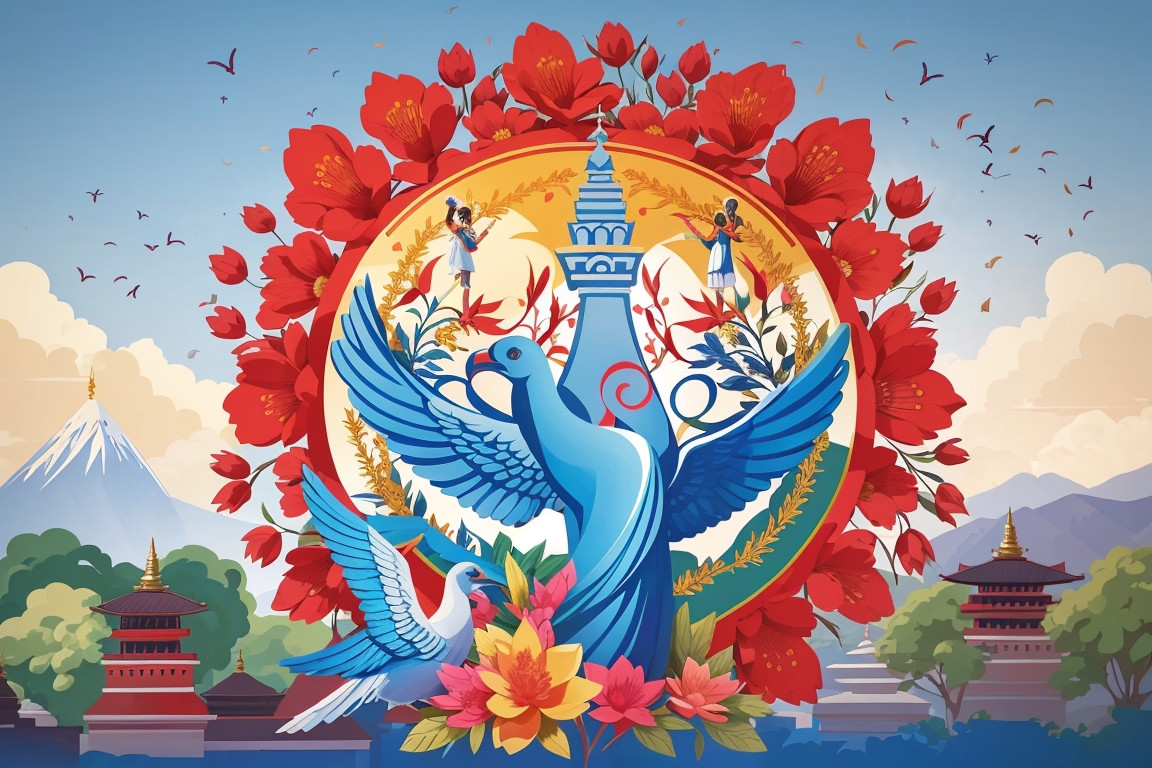
Introduction:
The town of Malangwa in Sarlahi, Nepal, has been plagued by a series of religiously motivated conflicts between Hindus and Muslims, leading to clashes, vandalism, looting, and a climate of fear within the Muslim community. These incidents began on September 6th and have continued to escalate. This explainer aims to provide an overview of the events and factors contributing to the unrest in Malangwa.
Background:
Malangwa is a town where both Hindu and Muslim communities coexist, but tensions have been simmering for some time. Prior to the violent incidents, there were reports of growing anti-Muslim sentiment, primarily driven by extremist Hindu groups. The situation had worsened due to the spread of inflammatory content on social media and messaging platforms.
Krishna Janmashtami Incident:
The violence initially erupted during Krishna Janmashtami celebrations on September 6th. A religious procession took a contentious route through Muslim-dominated areas, where anti-Muslim songs and speeches were played through loudspeakers. The situation escalated when rumors spread that Muslims had attacked Hindus during the event, leading to clashes between the two communities. The police had to intervene, using tear gas to disperse the crowd.
Ganesh Chaturthi Incident:
On September 21, during Ganesh Chaturthi celebrations, a similar incident occurred. A procession with a DJ played provocative songs and speeches near Muslim settlements. Again, rumors of violence emerged, resulting in clashes and eventually prompting the imposition of a curfew.
The Vandalism and Looting:
During the curfew, a group of individuals targeted Muslim-owned homes and shops, leading to vandalism, looting, and even arson. The extent of the damage was severe, with multiple Muslim-owned establishments being destroyed.
Role of Extremist Groups:
The violence in Malangwa was not spontaneous but orchestrated by Hindu extremist groups. They used social media to spread hatred and coordinate their actions. Hindu Samrat Sena Nepal, Vishwa Hindu Parishad, Rashtriya Ekta Abhiyan, Bajrang Dal, and others were identified as active participants. These groups are associated with India’s Rashtriya Swayamsevak Sangh (RSS) and have been accused of planning and executing the attacks.
Community Responses:
The Muslim community in Malangwa has been living in fear and uncertainty. Some members have been displaced, and businesses have been severely affected. There have been calls for justice and a plea for state intervention to ensure the safety of the Muslim community.
Political Dynamics:
Some local political leaders have expressed support for the Hindu extremists involved in the attacks. This has further fueled tensions in the region.
Conclusion:
The situation in Malangwa, Sarlahi, reflects a complex interplay of religious, political, and social factors. Addressing the ongoing unrest and ensuring the safety of all communities is crucial. A comprehensive response should include law enforcement efforts to bring the perpetrators to justice, community dialogues to foster understanding, and measures to counter the spread of hate speech and extremism on social media. Ultimately, achieving peace and harmony in the region will require concerted efforts from all stakeholders.